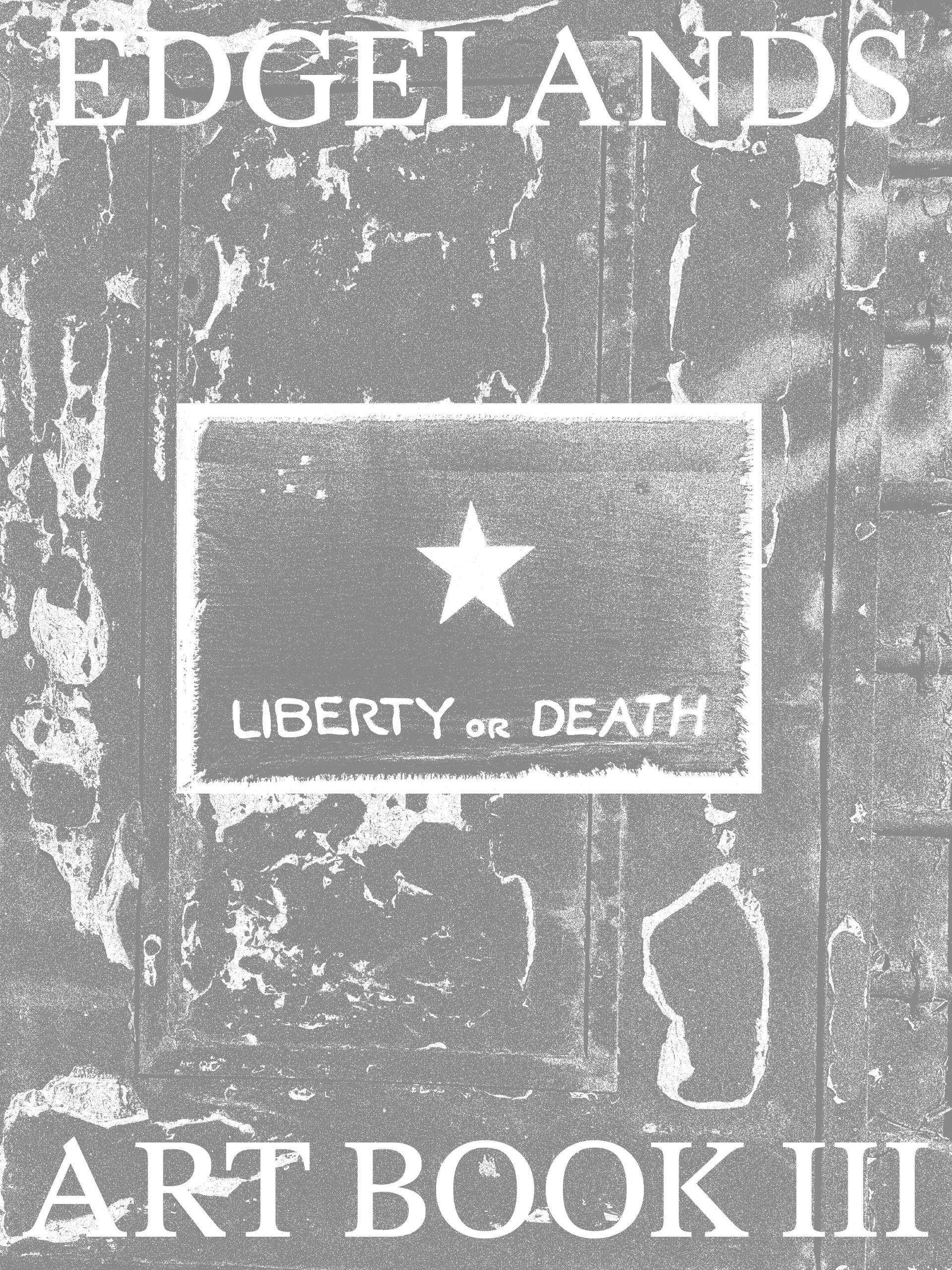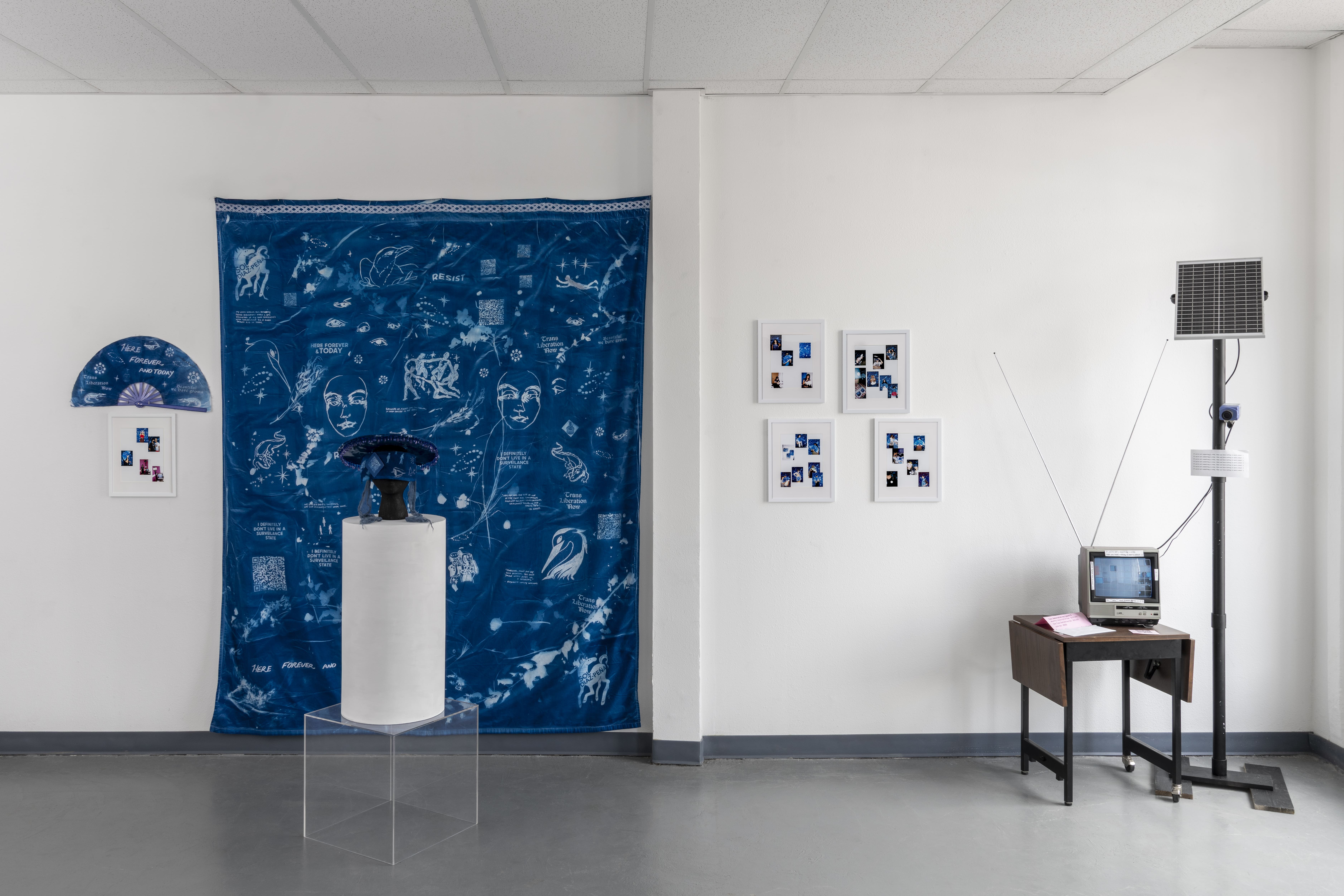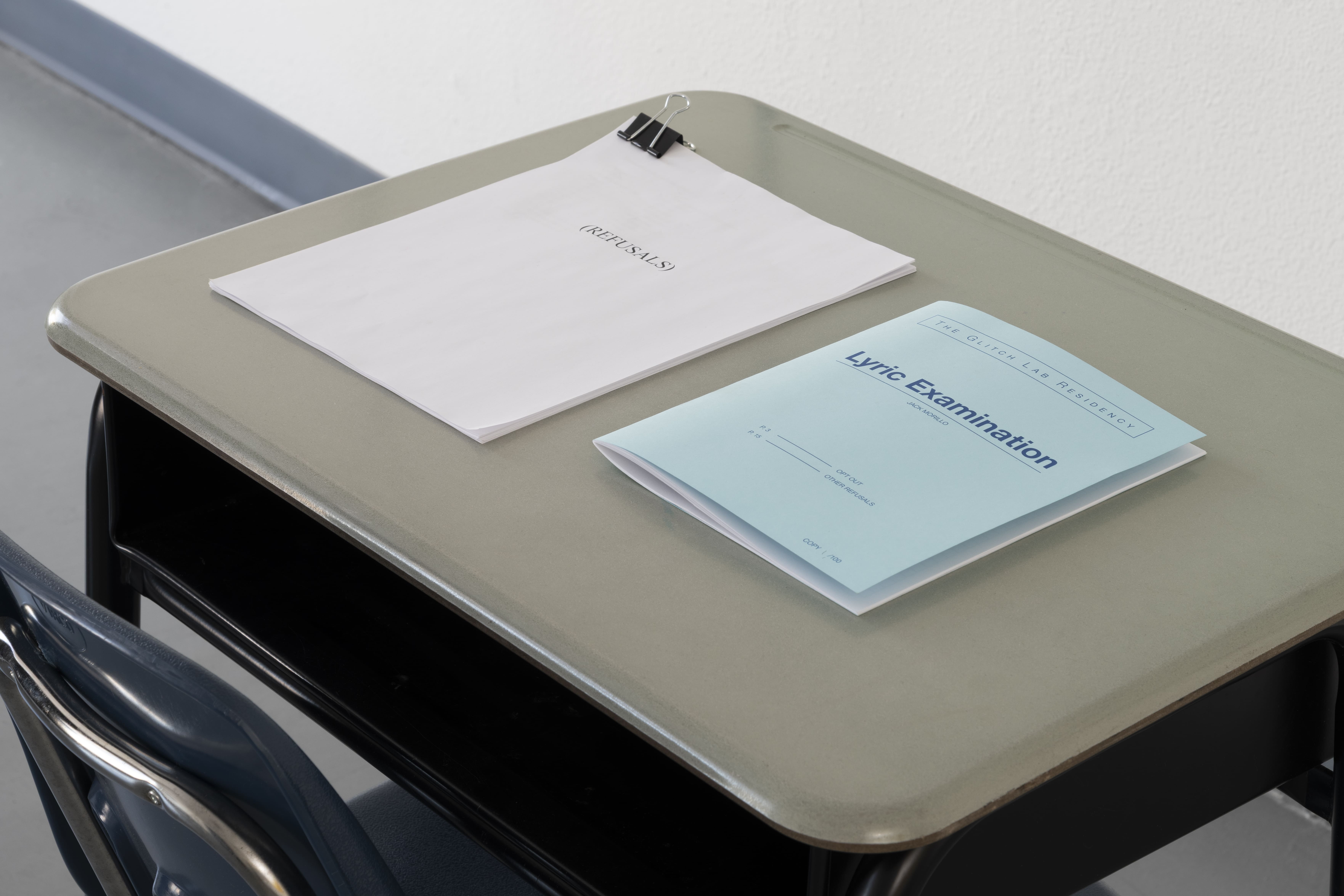Wifi

Para la residencia artística y exposición BLURRED LINES, el artista visual venezolano Ronald Pizzoferrato reflexionó sobre la influencia de la conectividad en la sensación de seguridad. Ronald Pizzoferrato diseñó un gran cartel que decía "Wifi gratis" e instaló un router wifi que proporcionaba acceso gratuito e ilimitado a Internet. WIFI no era sólo una intervención artística, sino también un recurso práctico que la gente podía movilizar en la frontera de Cúcuta. Ya sea para comunicarse con familiares y amigos, pedir ayuda o buscar información sobre procesos legales en un nuevo país, la conectividad a Internet significa seguridad para los migrantes. Su trabajo llamó la atención de la gente, congregando a muchos usuarios y visitantes. Residente en Berna (Suiza) desde 2014, los intereses de Ronald Pizzoferrato giran en torno a la identidad, la migración, la violencia y la descolonización. Como extranjero en Berna, llama la atención sobre el hecho de que en Suiza la gente tiene acceso a wifi gratuito por las ciudades. En Venezuela, por ejemplo, esto no es una realidad. Diferencias como éstas son fundamentales para ampliar nuestra comprensión de cómo aumentar la seguridad en las zonas fronterizas.
Sobre el artista
Sobre el proyecto
Durante 10 días, seis artistas investigaron y crearon juntos obras de arte innovadoras para generar la exposición LÍNEAS BORROSAS. La residencia artística tuvo lugar entre el 22/07/2022 y el 31/07/2022 en Cúcuta, destino de muchos refugiados y migrantes en Colombia. Debido a que la ciudad se encuentra en la frontera con Venezuela, MATZA EDGELANDS la consideró un lugar relevante para explorar cómo podrían surgir nuevos formatos de contrato social entre las complejas y borrosas capas de las ciudades. Comisariada por Séverin Guelpa y Anja Wyden Guelpa en colaboración con el Instituto Edgelands, MATZA EDGELANDS CÚCUTA combinó el potencial artístico de MATZA para abordar cuestiones sociales y medioambientales con el afán de Edgelands por comprender las consecuencias de la tecnología y la digitalización en el tejido urbano.







